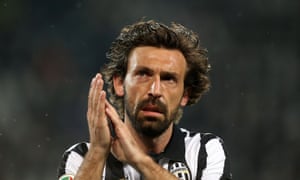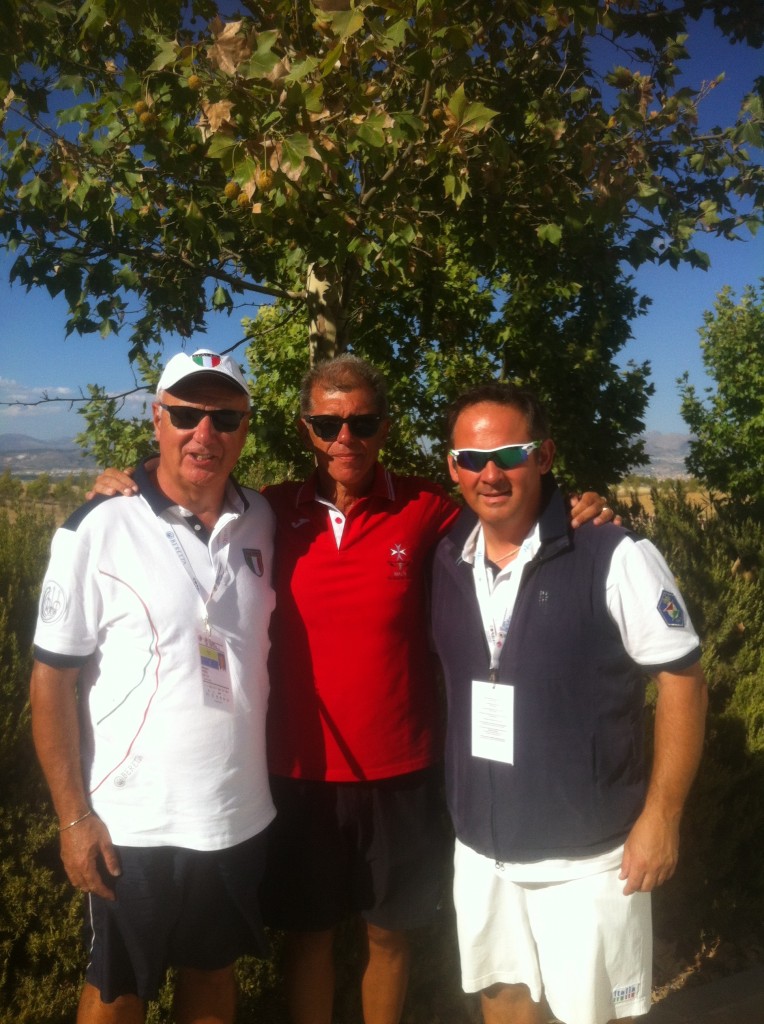During the recently concluded World Cup, many penalties were missed, and many wondered how this was possible. An essential aspect of this precision task concerns the orientation of the kicker’s gaze in those moments, since it is likely that where he fixes his gaze, there his attention is directed. This is often what does not happen because excessive psychological tension prevents the kicker from performing this simple action. Where does a soccer player look as he is about to execute a penalty kick? Eduardo Galeano illustrated this in a literary and elegant way when talking about a famous penalty kick taken by Meazza:
“It happened in the 1938 World Cup. In the semifinals, Italy and Brazil were playing out their destiny, do or die.
Italian striker Piola suddenly collapsed, as if electrocuted by a gunshot, and with his one finger still alive pointed at Brazilian defender Domingos de Guia. The Swiss referee believed him, blew the whistle: penalty. As the Brazilians threw shouts to the sky and Piola stood up shaking off the dust, Giuseppe Meazza placed the ball on the spot of execution.
Meazza was the beauty of the team. An elegant, lovelorn little guy, elegant penalty taker, he raised his head inviting the goalkeeper like the matador with the bull in the final assault. And his feet, flexible and skillful as hands, never missed. But Walter, the Brazilian goalkeeper, was good at saving penalties and had confidence in himself.
Meazza took a run-up, and at the precise moment when he was about to settle the shot, his pants fell down. The audience was stunned, and the referee almost swallowed his whistle. But Meazza, without stopping, grabbed his pants with one hand and vanquished the goalkeeper, disarmed by so much laughter.
This was the goal that launched Italy to the championship final.”
However, that the penalty also represents a difficulty always ready to present itself is confirmed by an analysis of the percentages of penalties taken by the Italian national team throughout its history. In fact, there have been 86 penalties executed by the Azzurri in all competitions, of which 67 are those scored and 19 those missed. Therefore, those missed represent 22 percent of those executed.
The metaphor of the matador looking at the bull stands to indicate that the penalty taker looks straight ahead at a specific point, without lowering his eyes.








